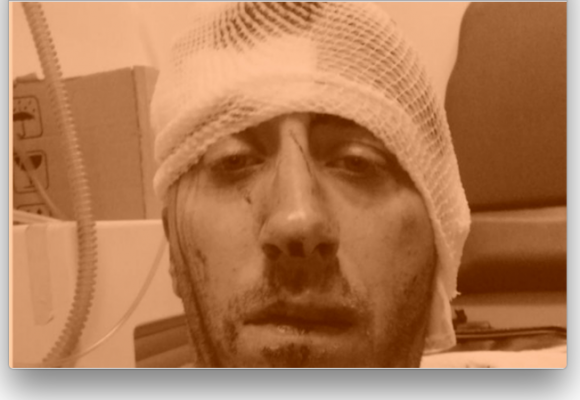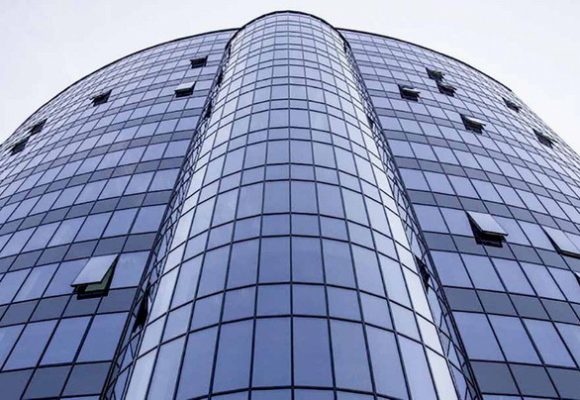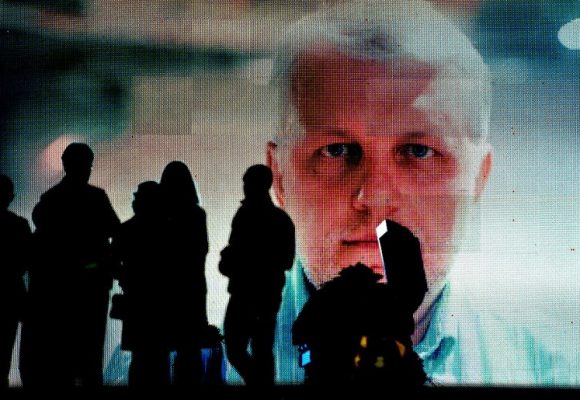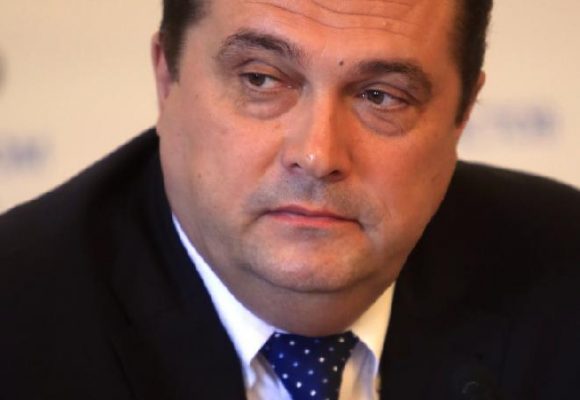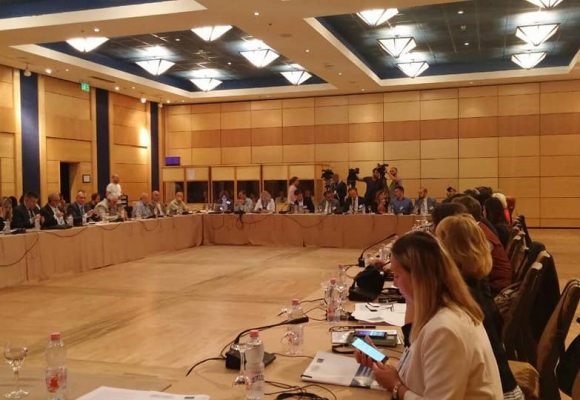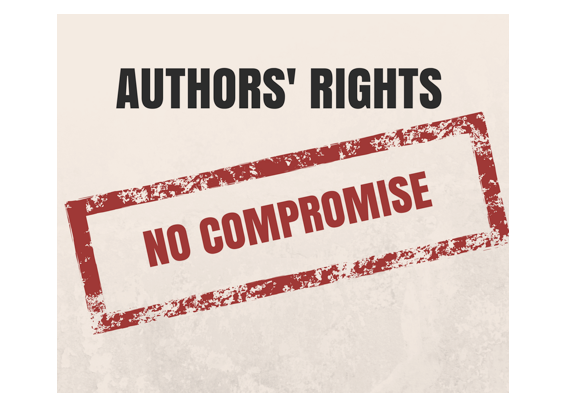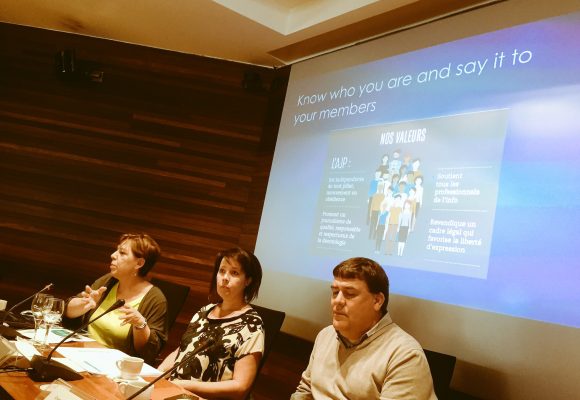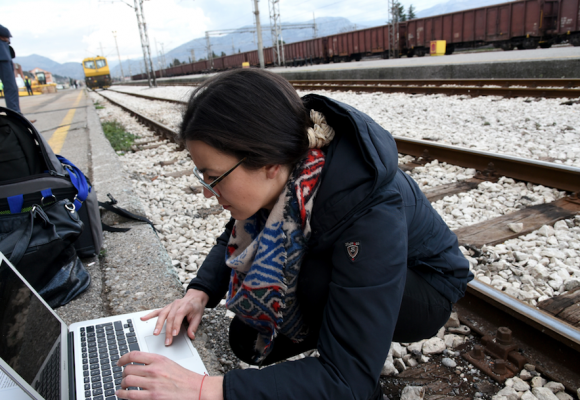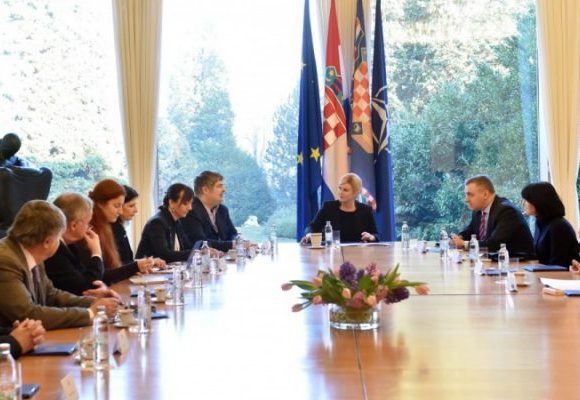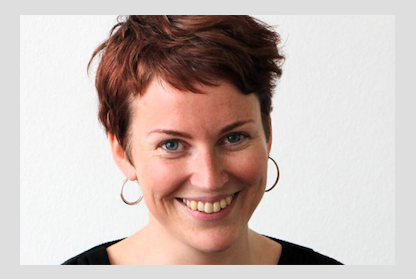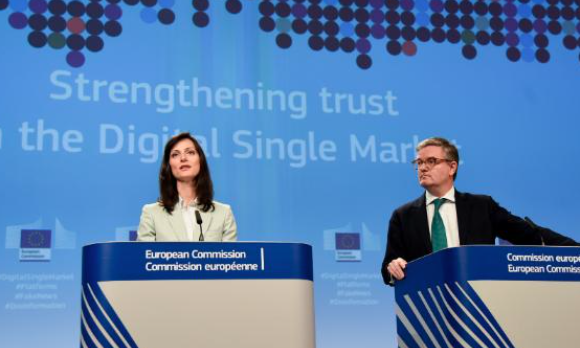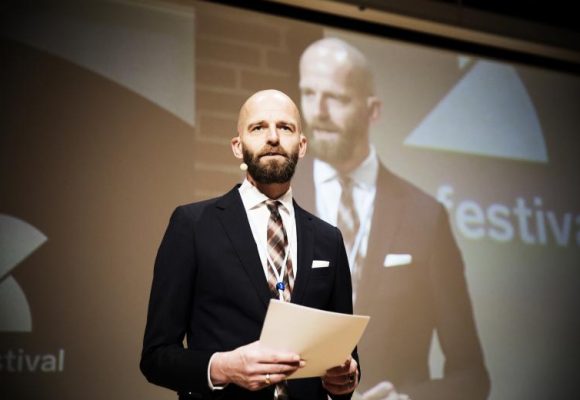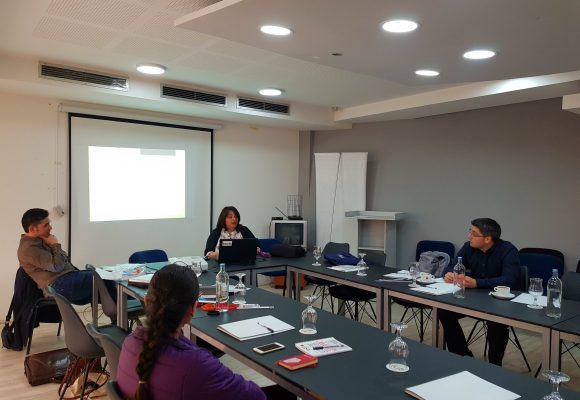Bosnia and Herzegovina: BN TV correspondent physically attacked in Banja Luka
The European Federation of Journalists (EFJ) joined its affiliate in Bosnia and Herzegovina, the BH Journalists Association, in condemning the brutal attack on BN TV correspondent Vladimir Kovačević. On 26 August 2018, two masked persons physically attacked commercial channel BN TV correspondent, Vladimir Kovačević, in front of the building he lives in, in Banja Luka. Kovačević was going home after reporting about the latest protest organised in the city by the group “Justice for David”, calling on the authorities to uncover the truth about the murder of a young student from Baanja Lulla. According to the journalist, the two unknown perpetrators were waiting…

